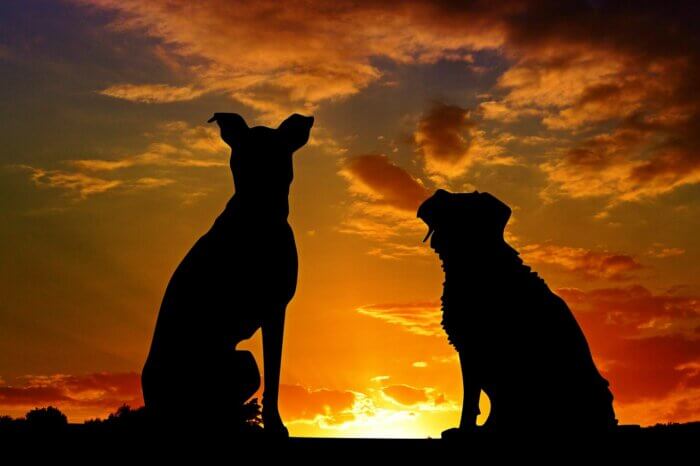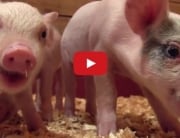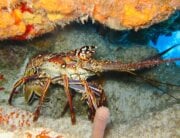
“Who knows if the human spirit rises upward and if the spirit of the animal goes down into the earth?” Ecclesiastes 3:21
I was an atheist for much of my life. I didn’t believe in heaven, so I didn’t think it was possible for animals—or humans—to go there. That changed when my beloved dog Carly died. I knew that if there were a heaven, that’s where she would be, so I needed to do whatever I could to be welcome in heaven so I could be with her again.
I started watching televised Masses and listening to the Bible app on my phone. I bought four books about animals in heaven: There Is Eternal Life for Animals and The Rainbow Bridge: Pet Loss Is Heaven’s Gain by N.B. Shanahan, I Will See You in Heaven by F.J. Winz, and Cold Noses at the Pearly Gates: A Book of Hope for Those Who Have Lost a Pet by G. Kurz. These hope-filled writings include evidence that animals have souls and show that animals are important to God, their creator.
Although the Bible doesn’t explicitly state that animals go to heaven, a number of passages suggest that God makes a promise of eternal life to all of us (not just humans). Psalm 36:6, for example, proclaims, “You, LORD, preserve both people and animals,” and Nehemiah 9:6 rejoices to God, who created everyone who lives on land and in the sea, “[Y]ou preserve all of them.”
Ecclesiastes 3:21 challenges us to think about whether animals go to heaven: “Who knows if the human spirit rises upward and if the spirit of the animal goes down into the earth?” It’s easy to overlook the first part of the passage and conclude that humans go to heaven, animals become dust, and that’s that. But I don’t believe that’s true at all. Perhaps this verse is worded as a question in order to remind us to have faith and remember that God knows the answer, which is revealed in Psalm 36:6 and Nehemiah 9:6: Animals do go to heaven.
Of course animals go to heaven. God loves all His sentient beings, and scripture mentions many kinds of animals there, from horses, lions, lambs, and wolves to goats, calves, and snakes, among others. They are “wonderfully made” by God. For many of us, heaven wouldn’t be heavenly without our beloved animal companions, and with assurances from the Bible to support us, we look forward to being reunited with them just as we’re eager to see our human loved ones again.
In I Will See You in Heaven, a man reflects on his childhood, when he was mourning the loss of his dog, who was hit by a car. His parents took him to church, where he asked the priest whether he would see his dog in heaven. The priest replied, “Yes—you will see your dog in heaven—if that is what it takes to make you happy.” Looking back at that experience, the man concluded that the answer was very wise. I agree. The priest simply explained the truth: The Lord will see to it that everyone in heaven is supremely happy. It is heaven, after all!






